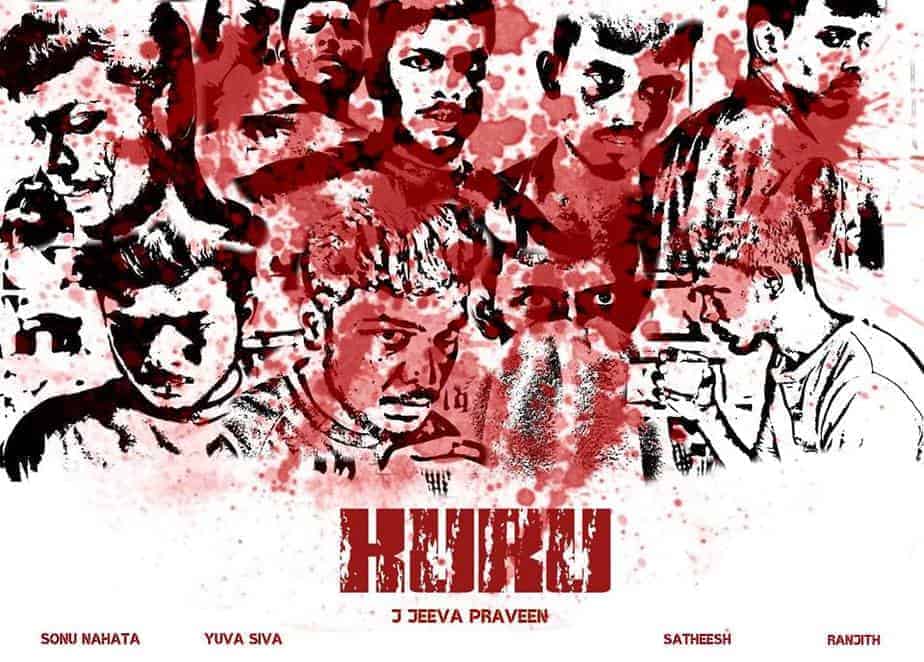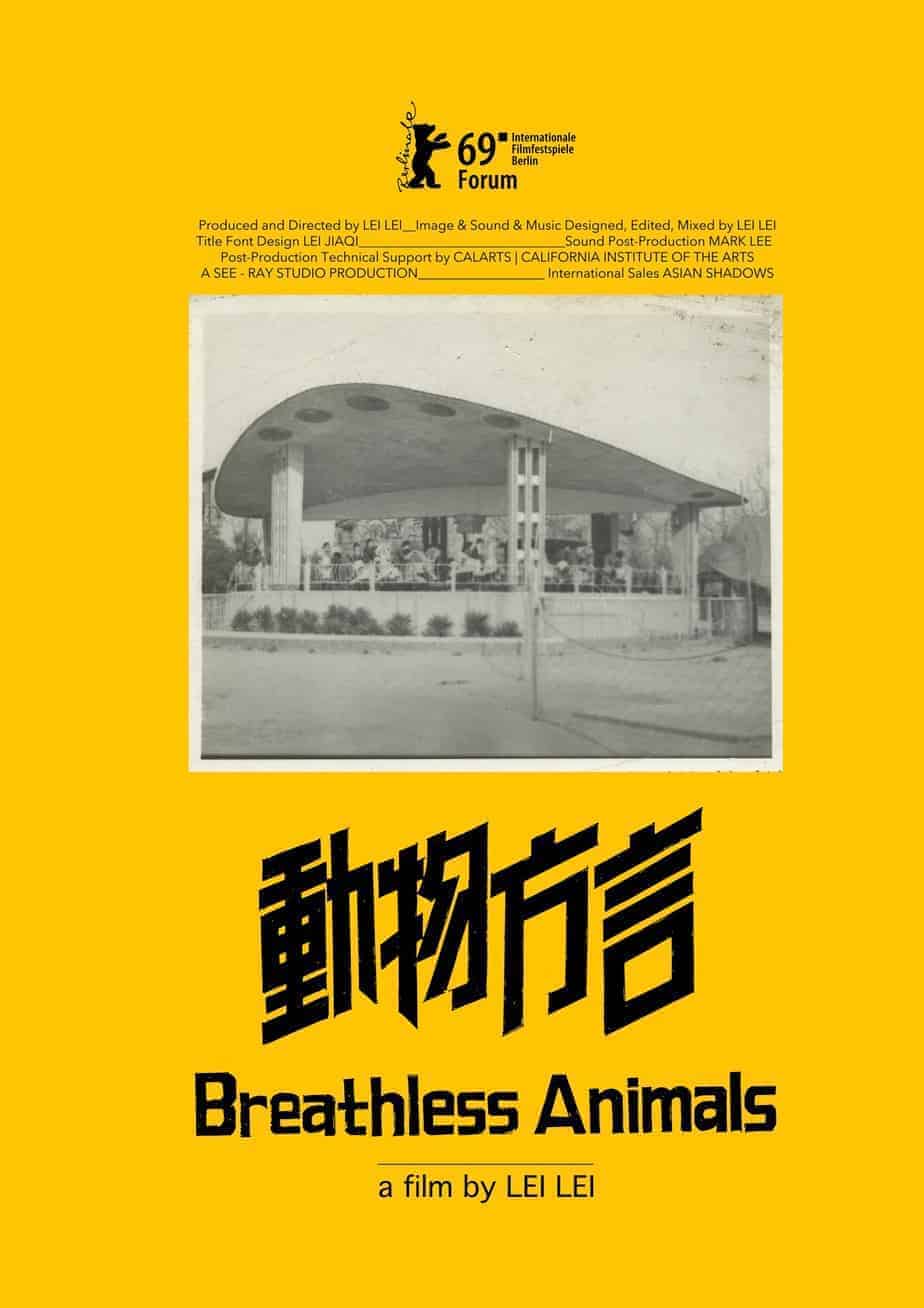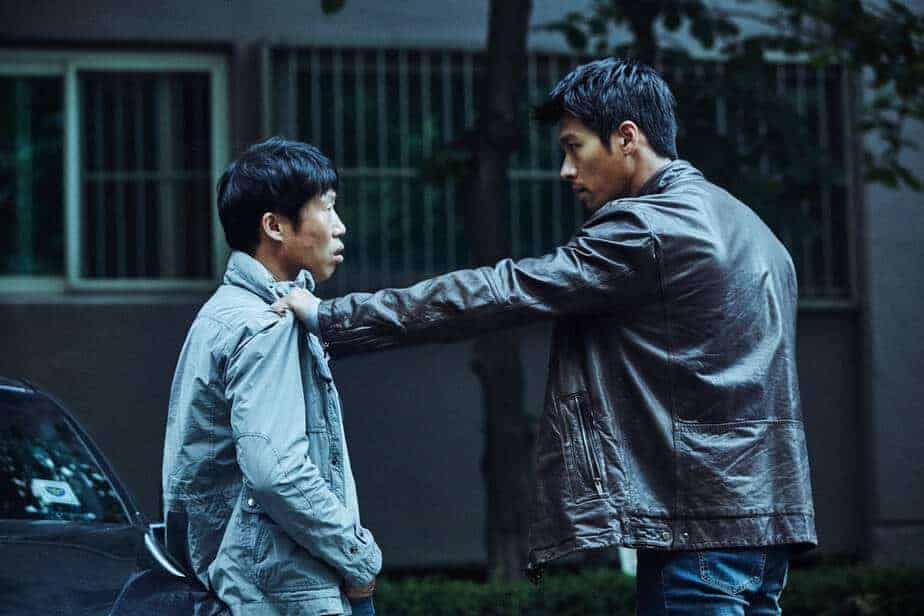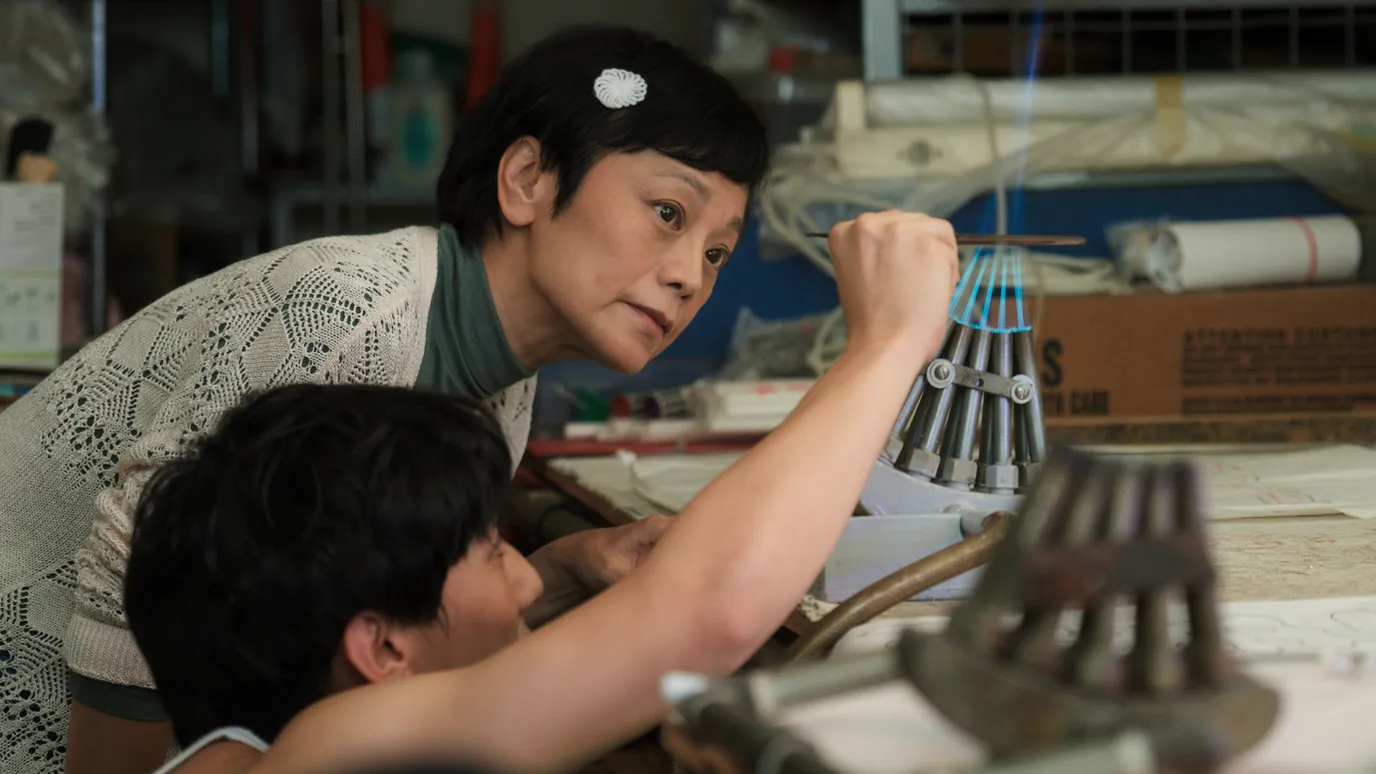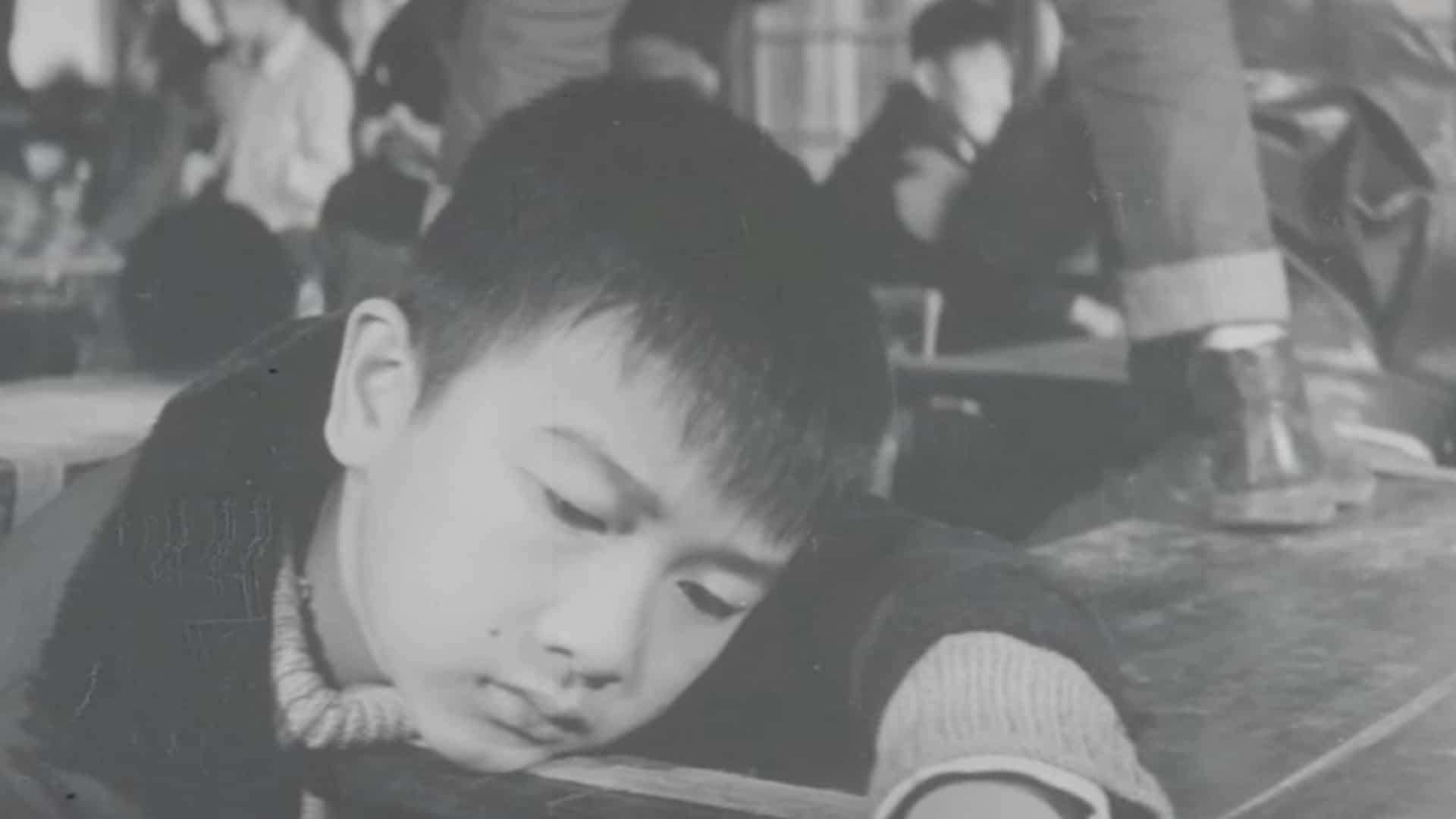Since the success of “Birdshot” back in 2016, Mikhail Red has been turning up one movie every year, with his popularity growing with each one. This success is cemented with his latest work, which is Netflix's first Filipino original film.
The story, which is based on true events, revolves around a group of high school students. Mark Sta. Maria is the archetype of the “wallflower”: he is quiet, very smart, poor to the point that he has to do other students' homework to earn some money to pay the rent, and in love with the school beauty, Janina, who happens to be the protagonist of the play he also participates in, as an understudy. Chuck Santos on the other hand, is the exact opposite. He is an extrovert influencer with more than 50,000 Instagram followers, very rich, and a kind of a bully that also has his eyes on Janina. Mark's life seems hopeless, until four other classmates approach him with a risky plan that will change their lives completely. Blanco, Paolo and Uy plan to kidnap Chuck and ask his father for ransom, and they need Mark to keep the victim in his apartment, which is so rundown that no one would ever think of searching there. Mark reluctantly agrees, particularly when he sees that the three do not even succumb to bullies the way he does. Expectedly, almost nothing goes according to plan.
Mikhail Red uses this story to present a number of social comments, particularly regarding the youth of the Philippines, their extreme dependence on social media and their lack of purpose and guidance from their parents (who shine through their absence). The class divide between the rich and the poor also gets its share, along with the alienation resulting from it. The basic premises of the story are also intriguing, and Red seems to have gone for an approach that lingers between the HK action and Tarantino's style.

However, the already thin balance among those elements is quickly lost, and the narrative becomes something that does not seem to lead anywhere, in essence toning down all the comments Red wanted to make. The characters (who seem like archetypes of the people one meets in most school settings) suffer much from this, as their actions become completely unjustified, even if one considers them just foolishness from immature kids. This aspect finds its apogee in the tragic ending, stripping it from the impact it could have. Janina's character seems to be the one that is faulted the most from this approach, in essence lacking purpose apart from another nudge for Mark to do what he did.
In that regard, the cast does not get the chance to shine particularly, perhaps with the exception of Vance Larena as Blanco, whose character seems the most concise of all, and he manages to depict him convincingly.
On the other hand, the visuals of the film are quite good, with Red highlighting once more his talent in composition, in a number of visually impressive scenes, with the kidnapping, the sequence in the club and a number on Mark's apartment being the most memorable. Nikolas Red's editing (also penned the script) is also quite good, giving the movie a fast pace that suits its general aesthetics quite nicely.
I feel that “Dead Kids” had something to say, but Red got caught up in his rush to finish it, thus resulting in a movie that has its merits, but is mediocre overall.



